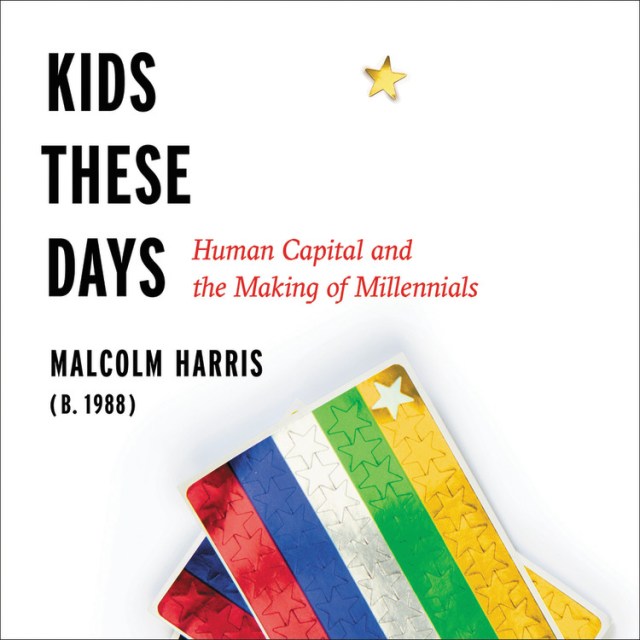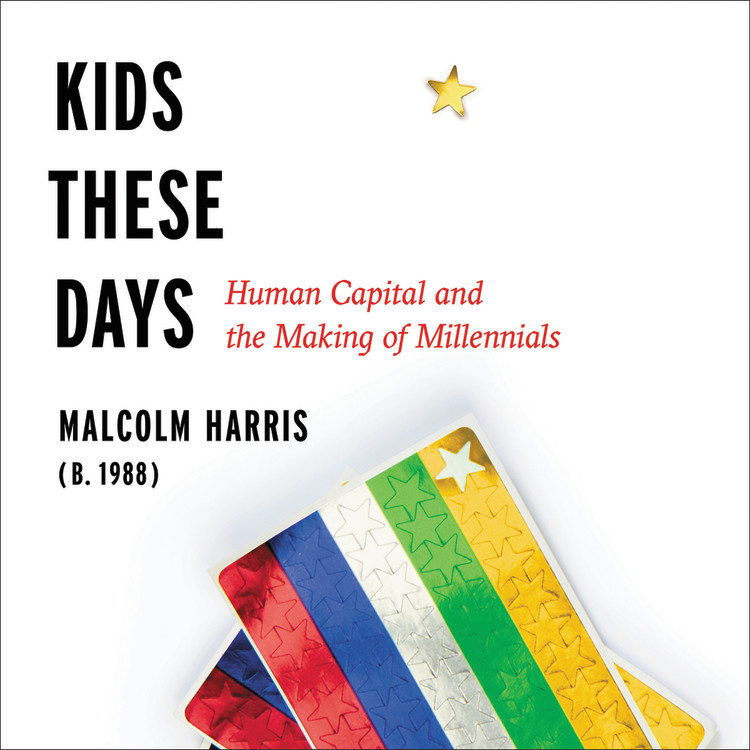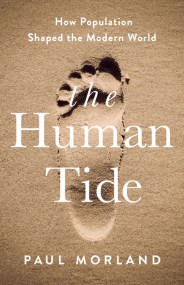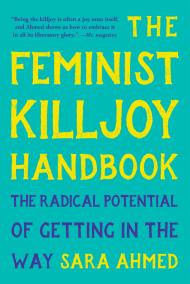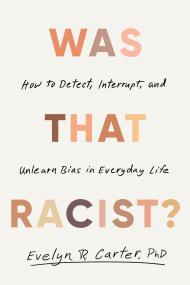By clicking “Accept,” you agree to the use of cookies and similar technologies on your device as set forth in our Cookie Policy and our Privacy Policy. Please note that certain cookies are essential for this website to function properly and do not require user consent to be deployed.
Kids These Days
Human Capital and the Making of Millennials
Contributors
Read by Will Collyer
Formats and Prices
- On Sale
- Nov 7, 2017
- Publisher
- Hachette Audio
- ISBN-13
- 9781478992332
Format
Format:
- Audiobook Download (Unabridged)
- ebook $12.99 $16.99 CAD
- Trade Paperback $16.99 $22.49 CAD
This item is a preorder. Your payment method will be charged immediately, and the product is expected to ship on or around November 7, 2017. This date is subject to change due to shipping delays beyond our control.
Buy from Other Retailers:
In Kids These Days, early Wall Street occupier Malcolm Harris gets real about why the Millennial generation has been wrongly stereotyped, and dares us to confront and take charge of the consequences now that we are grown up.
We are the most educated and hardworking generation in American history. We poured historic and insane amounts of time and money into preparing ourselves for the 21st-century labor market. We have been taught to consider working for free (homework, internships) a privilege for our own benefit. We are poorer, more medicated, and more precariously employed than our parents, grandparents, even our great grandparents, with less of a social safety net to boot.
Kids These Days is about why. In brilliant, crackling prose, early Wall Street occupier Malcolm Harris gets mercilessly real about our maligned birth cohort. Examining trends like runaway student debt, the rise of the intern, mass incarceration, social media, and more, Harris gives us a portrait of what it means to be young in America today that will wake you up and piss you off.
Millennials were the first generation raised explicitly as investments, Harris argues, and in Kids These Days he dares us to confront and take charge of the consequences now that we are grown up.
Genre:
-
"A landmark...Harris is a peerless observer of the harrowing economic costs of 'meritocracy'."n+1
-
"Malcolm Harris offers up an exciting, persuasive argument that young people are not, in fact, monsters. An excellent gift for NPR-listening elders who appreciate a good debate and could use a little sympathy for the millennial."New York Magazine
-
"The first major accounting of the millennial generation written by someone who belongs to it."Jia Tolentino, The New Yorker
-
"When will someone stick up for millennials? We have been sheltered by our parents, swindled by our universities, deadened by our therapists, and for all this our reward has been glib condescension from the boomer press. Rising to our defense is Harris, a familiar provocateur from the internet's left flank. Harris contends that America has stiffed our generation...He brings a fresh, contrarian eye to some of the usual data points...As generational advocates go, we could do worse than Harris."New York Times Book Review
-
"Malcolm Harris's thesis is the kind of brilliantly simple idea that instantly clarifies an entire area of culture: Millennials are the way they are-anxious, harried, and 'narcissistically' self-focused, though hardly lazy or entitled-because the neoliberal economy has made them so. When we raise children in a world that reduces people to 'human capital', then bids down the price of that resource, what else should we expect? Kids These Days is deft, witty, unillusioned, and brutally frank. Read it and weep, puke, scream."WilliamDeresiewicz, New York Times bestselling author of Excellent Sheep
-
"Kids These Days is the best, most comprehensive work of social and economic analysis about our benighted generation. Malcolm Harris matches Naomi Klein for depth of research and Jane Jacobs for systemic vision. If you're a millennial who feels economically jinxed and unfairly spat-upon, but can't say why, cram this book in your brain; if you think millennials are lazy and entitled, cram this book in your mouth. Fascinating, infuriating, and bulging with receipts, Kids These Days shows us why no space is safe."Tony Tulathimutte,author of Private Citizens
-
"This fiercely smart book is not just another 'millennials killed chain restaurants' kind of thing. Instead, Harris dives deep into the ways that the millennial generation has been shaped by the capitalist economic forces at work now in America. . . It's a must read for anyone who cares about the future of our society."Nylon
-
"It is difficult to believe nobody has written this book before, although it is fortunate that Harris--who manages to be quick and often funny without sacrificing rigor--is the author who ultimately took up the task. In fewer than three hundred pages, he surveys the myriad hot takes on millennials-they're lazy, they're entitled, they're narcissists who buy avocado toast instead of homes, slacking on Snapchat at their unpaid internships-and asks, 'Why?'"Bookforum
-
"Malcolm Harris restores a good deal of precision to the business of defining the millennial and generational discourse in general. Adhering to a Marxian and behaviorist account of society, Harris argues that you cannot understand millennials - those born between 1980 and 2000, which include him, and me for that matter - without examining the political, economic and social institutions that nurtured them... Through this lens we get a sweeping sketch of the bleak, anxiety-ridden lives of young Americans."Financial Times
-
"A methodical deconstruction of one of the stupidest tropes to degrade recent discourse. The 'millennial' is created, not born, as Harris shows, and as is true of all creations, her qualities reveal more about her makers than they do about her... Kids These Days answers a political moment defined both by youthful outrage and by the patronizing responses to it, which deny that it is informed by lived experience."The Nation
-
"Harris writes clearly and thoughtfully on key issues facing this generation today. . . [he] reveals the political, cultural, and economic climates that millennials need to navigate, along with the new issues, never seen in previous generations, millennials must address. Readers interested in sociology of class, economic history, and the millennial generation will find plenty of fascinating food for thought here."Booklist
-
"An informative study of why the millennial generation faces more struggles than expected, despite the hard work they've invested in moving ahead."Kirkus
-
"Harris offers a potent rebuke to the idea that neoliberalism is an ideology of freedom and movement, showing instead how lives have become increasingly surveilled, managed and even endangered as corporations attempt to push drive for profit to the absolute limits."The Forward
-
"A crucial work of generational analysis...In prose that is precise, readable, and witty, [Harris] explores the economic, social, and political conditions that shaped those of us born between 1980 and 2000. Harris's central contention is that millennials are what happens when contemporary capitalism converts young people into 'human capital'. After reading his book, it seems ill-advised to understand millennials any other way."Dissent Magazine
Newsletter Signup
By clicking ‘Sign Up,’ I acknowledge that I have read and agree to Hachette Book Group’s Privacy Policy and Terms of Use
